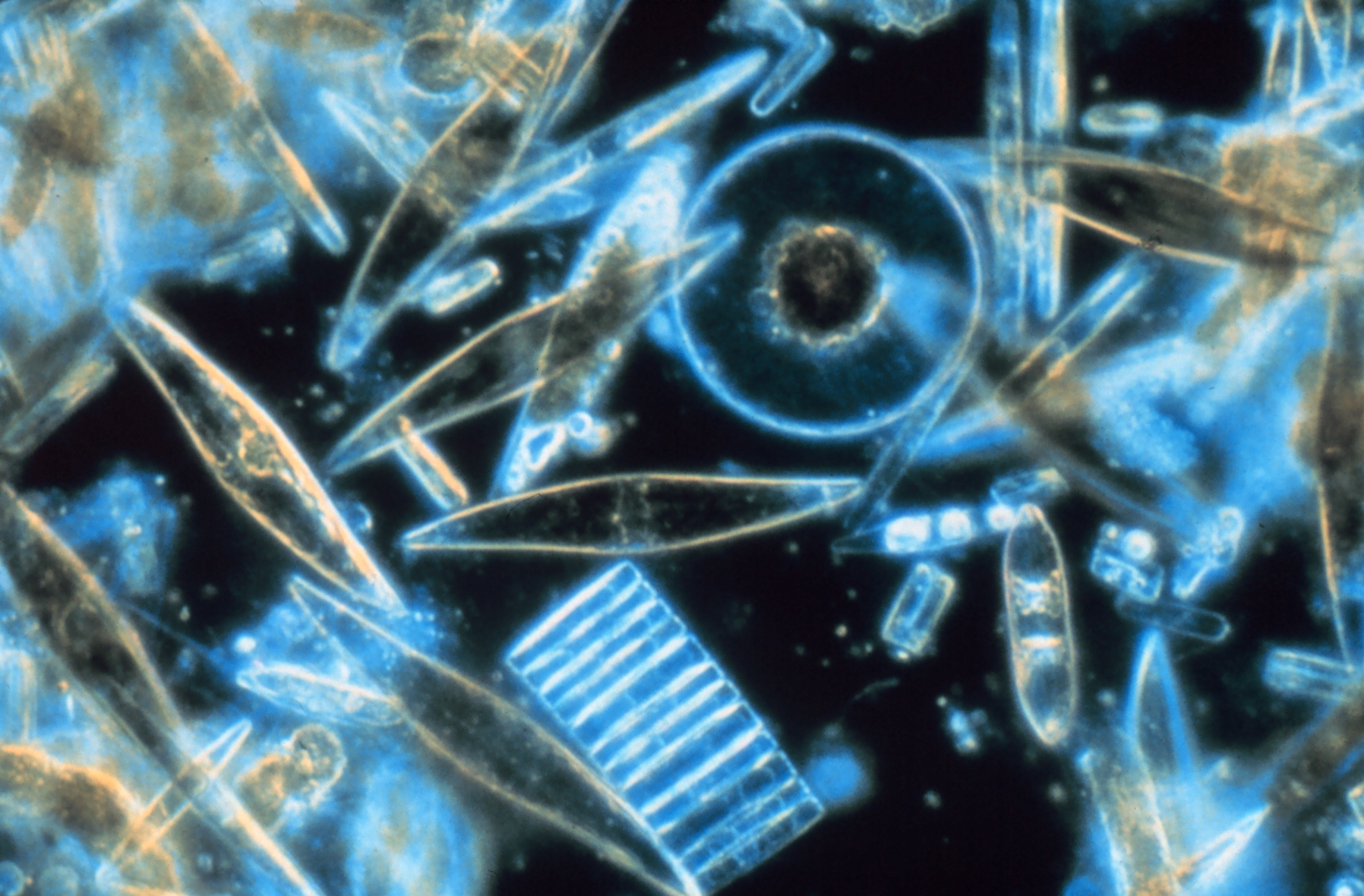Geo-engineering III
It's baaaack! And guess who the villain is this time.
 I've stated my opposition to various geo-engineering schemes before. It's a terrible idea, a band aid solution to avoid making the changes to the world that are needed. It potentially has extremely negative unintended consequences and it may not actually work at effectively reducing CO2 in the atmosphere, touted as its main benefit.
I've stated my opposition to various geo-engineering schemes before. It's a terrible idea, a band aid solution to avoid making the changes to the world that are needed. It potentially has extremely negative unintended consequences and it may not actually work at effectively reducing CO2 in the atmosphere, touted as its main benefit.
This article reports on 'ocean fertilization' issues being discussed at a UN biodiversity conference (my emphasis):
Practically all developing countries want the UN conference to approve a global moratorium on 'ocean fertilisation' until scientific evidence can prove that the practice does not bring new pollution risks. But some industrialised countries, led by Australia, want to avoid a strong ban.
Is this another part of K-Rudd's long-term climate plan? Australia isn't alone on this, though. Brazil is also involved, acting as a provocateur. Perhaps this is their intended 'offset' plan in return for however much they decide to exploit the Amazon. From the article:
..."what Australia wants on 'ocean fertilisation' is obvious. It wants that the UN convention on biological diversity does not touch the subject, and transfer it instead to the London convention" on the Prevention of Marine Pollution by Dumping of Wastes and Other Matter...[which] is being updated through the London Protocol, which will eventually replace the former. Under the new protocol, all dumping is prohibited except for acceptable waste on the "reserve list".
The leading global company in the business is the Australia-based Ocean Nourishment Corporation (ONC). The Australian government's support for the company and for 'ocean fertilisation' has won it the Greenpeace nomination for the Golden Chain Saw Award for the worst polluters.
Here is the link to Ocean Nourishment Corporation. It sounds so benign, doesn't it? How could anyone possibly be against nourishment? I always worry when the top of the web page proclaims that it “is an ethical organisation”. It seems a bit defensive to me. They don't want to dump iron in the ocean, rather urea. Their advertised benefits are twofold: 1.) The removal of CO2 from the atmosphere, and; 2.) Stimulating the base of the food chain, thereby increasing ocean production.
The logic on the second item to be that because “oceans represent 70% of the earth's surface but currently provide only 6% of human protein every year”, the oceans must be underutilized. (That slacker ocean is not pulling its weight!). Given the level of overfishing humanity has been applying to the planet, that idea seems a bit of a stretch.
From a casual reading of their website, much of what they are proposing to do is unproven. To be fair (and provided they follow their stated protocols), they would seem to be trying to do the experiment in some kind of sane way. But I question the need for the experiment at all.
Unfortunately, short of the international moratorium on fertilization noted in the original article, it would seem that the general populace has little choice in whether this experiment is performed or not.
Besides ONC, a handful of private companies, all registered in the U.S., are planning to launch 'ocean fertilisation' projects in unregulated high seas after specific projects in the Philippines, Ecuador, Oman, and Morocco provoked a storm of complaints from civil society groups.
The unmitigated pursuit of profit never stops. Many are threatened so that a few can enrich themselves. We really don't understand the ocean ecosystem well enough to start performing such radical experimentation on it. There is lots that can go wrong and there are many potential unintended consequences. The Precautionary Principle dictates that we avoid this line of inquiry at this time. We have other solutions we can try; there is no need for desperation yet. And this is a desperate solution.
**
Image: Diatoms through the microscope, Wikipedia.



No comments:
Post a Comment